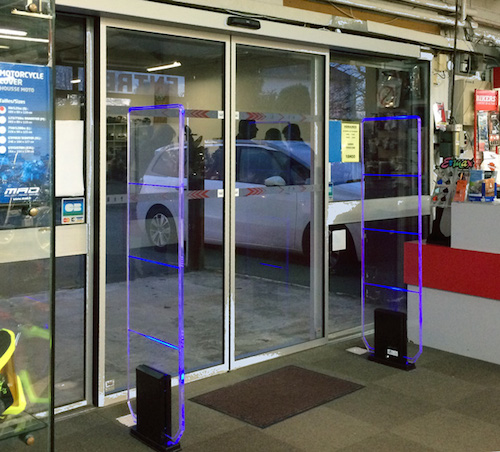Penalties for food shoplifting
A shoplifter is considered to be a person who deliberately hides the goods of retailers without any authority for it. He does not buy them and has the intention of depriving the owner of the goods. The intent to commit shoplifting may be sufficient to obtain a legal penalty. The shoplifter can get charged even if the theft has not been fully committed. If food is stolen, the thief is also considered guilty of a crime and punished with a fine of up to $ 500, or imprisonment for no more than six months. Both types can also be used depending on the specific case.
Motivation to commit food shoplifting
Thieves commit thefts depending on their needs. The first associations with food shoplifting emerge as a picture of poor and hungry people. However, this is not the only factor today. Thieves can steal to get a feeling of extreme, have psychological problems or do their "job", since professional thieves have a constant source of income. On average, a professional thief commits one theft per week. However, even less frequent visits of this kind are quite detrimental to store owners. The goal of a professional shoplifter is to get the necessary product, often previously ordered by the buyer, and sell it successfully.
Foods shoplifting policy
Store owners constantly talk about the safety of employees and customers as their most important concern. In many stores, employees are very restrained in the case of suspected thieves. Large retailers have a state clearance document for anti-theft policy. This document is usually confidential. Thus, in the event of theft, store employees can offer the thief to resolve the issue without involving legal authorities. But there is another variation on the scenario. You can see how teenagers carry food past the guard. Employees can ignore these actions, since they should not forget about the safety of customers, moreover, when it comes to minors. You won't see a security guard chasing a teenager with a packet of chips. Maybe in the movies. Most likely, he will simply close his eyes to it.
To avoid punishment when committing food shoplifting
If you decide to "go grocery shopping", we recommend using a booster bag. No, you don't need to take some foil and do hand-made. This idea has already become outdated along with the extinct mammoths. Today there is a much more reliable and practical way, namely a bag made of RF screening fabric. On the website of the manufacturer Bombastershop fabric, you can purchase this fabric or order a ready-made backpack or bag. Now it's much easier to go grocery shopping! And not only for groceries! Using this bag, you can safely walk past the RF gate. Today, guards rarely stop you if you enter a store with a bag. The fabric cannot be distinguished by touch; it is not a foil that immediately betrays your intentions. More information about shoplifting devices is available at bombaster.shop.

